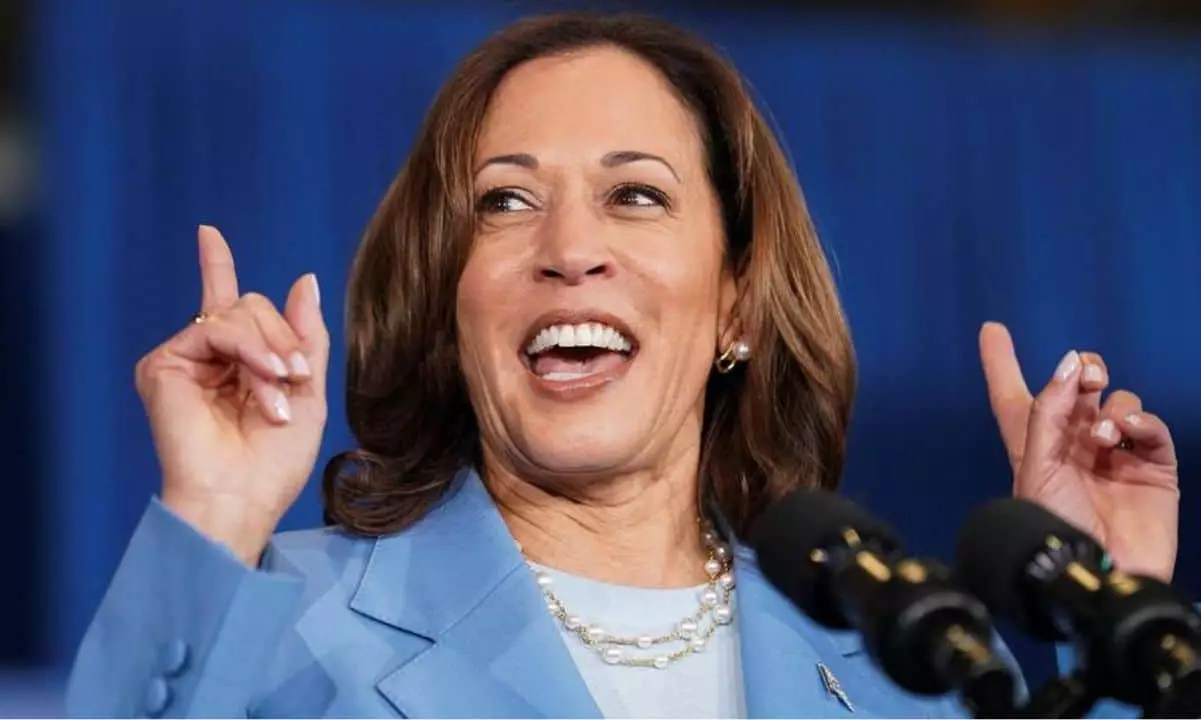In today’s rapidly evolving political landscape, the intersection of cryptocurrency advocacy and political campaigns has become increasingly prominent. A recent Fox Business report highlighted the emergence of a new advocacy group, “Crypto for Harris,” aimed at challenging Donald Trump’s industry appeal. This development signifies the growing influence of the cryptocurrency industry in shaping political narratives and fundraising efforts.
The Crypto for Harris group boasts an impressive lineup of speakers, including well-known figures such as Mark Cuban and Anthony Scaramucci, along with several Democratic members of the House of Representatives. The group’s core focus is on advancing blockchain and crypto-related policies to ensure the United States remains a global leader in this rapidly expanding industry.
Jonathan Padilla, CEO of Web3 marketing firm Snickerdoodle and a key organizer of the advocacy group, emphasized the importance of fostering the right conversations and policies to maintain America’s position in the blockchain and crypto space. By bringing together industry participants and policy experts, Crypto for Harris aims to drive meaningful change and support innovative initiatives.
As the political landscape continues to evolve, the rivalry between presidential candidates is becoming more pronounced in the crypto space. While the Trump administration has garnered significant support from crypto advocates, Joe Biden’s camp, including Kamala Harris, has been actively working to engage with the industry and establish a coherent stance on digital assets.
The recent addition of former crypto advisers, David Plouffe and Gene Sperling, to the Harris campaign reflects a strategic move to align with the interests of the crypto community. Additionally, the appointment of Moe Vela, a senior adviser to crypto firm Unicoin, underscores the campaign’s commitment to fostering innovation and collaboration within the industry.
The introduction of legislation by Senator Cynthia Lummis to establish a national cryptocurrency reserve signals a shift towards proactive policymaking in the digital asset space. However, regulatory challenges remain a significant hurdle for the industry, with agencies like the Securities and Exchange Commission (SEC) actively pursuing enforcement actions against crypto companies.
The contrasting approaches of political leaders, such as Elizabeth Warren’s vocal criticism of the crypto sector, highlight the divergent views within the Democratic party. While some advocate for stricter regulations and even bans on crypto assets, others position themselves as advocates for innovation and consumer protection.
The growing influence of cryptocurrency advocacy on political campaigns underscores the need for cohesive policies and regulatory frameworks to support the industry’s development. As the competition for crypto support intensifies between presidential candidates, the outcomes of these campaigns could have far-reaching implications for the future of blockchain technology and digital assets in the United States. It is imperative for policymakers to engage with industry stakeholders and strike a balance between fostering innovation and ensuring consumer protection in this rapidly evolving landscape.

